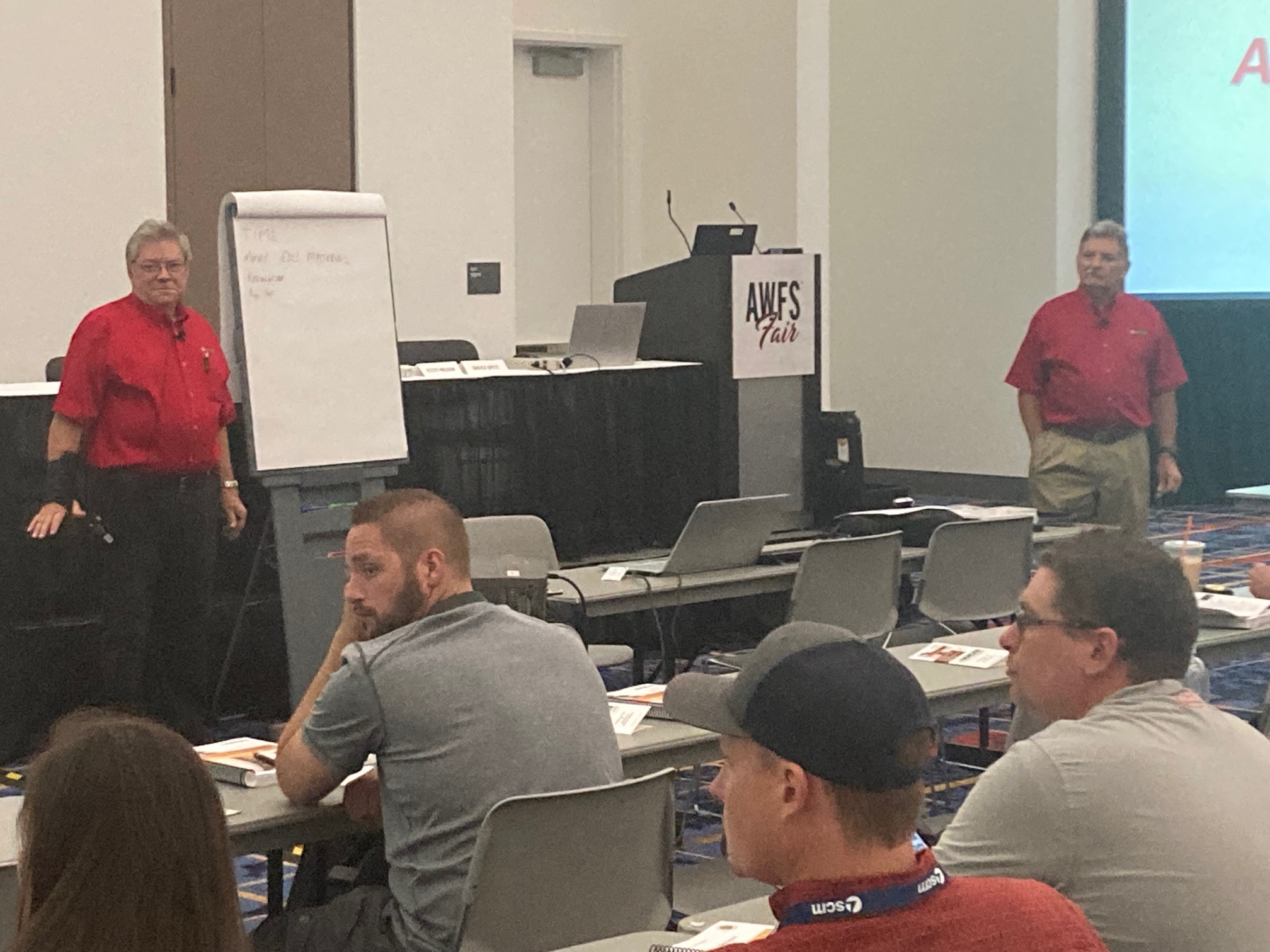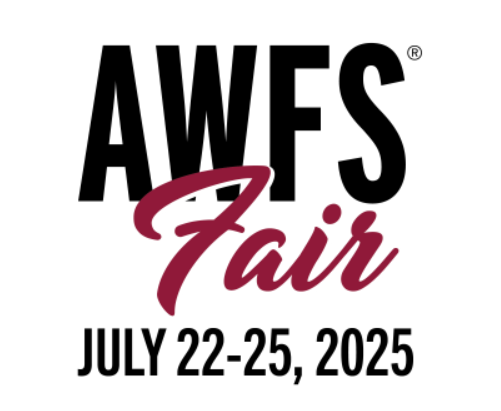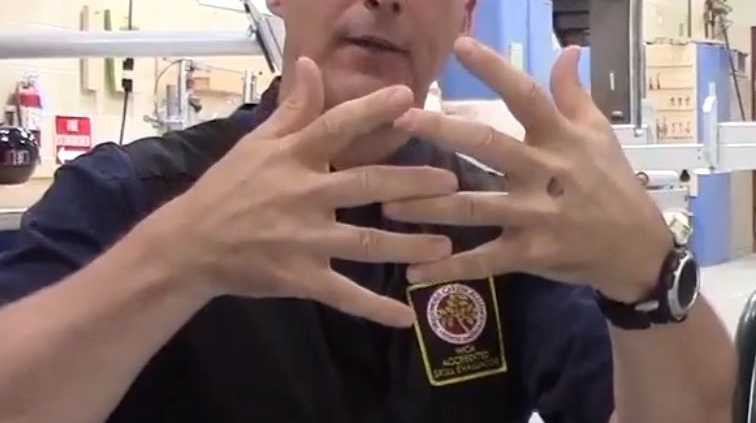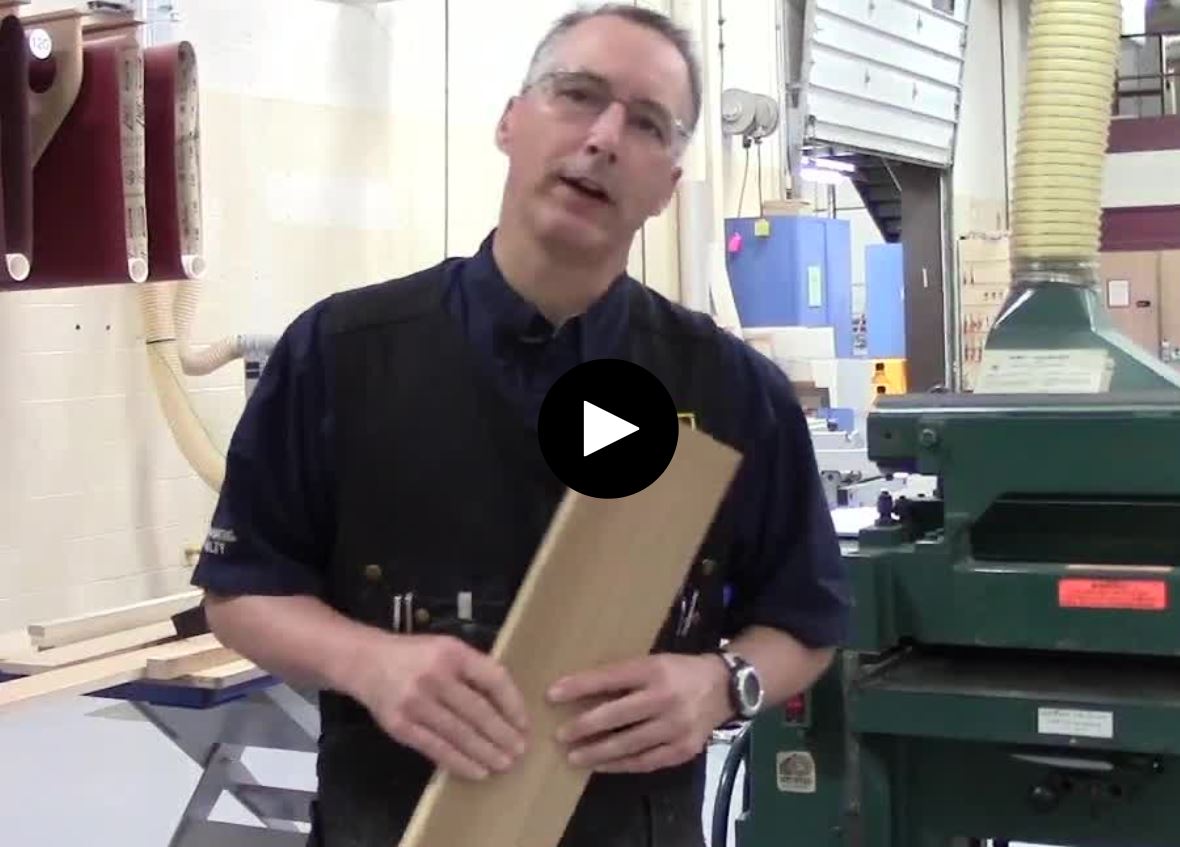WCA Workshop at AWFS Fair Tackles Woodworking Skills Gap with In-House Training

Scott Nelson, left, and Bruce Spitz will present “Building an In-House Training Program for Your Workers” at the AWFS Fair in Las Vegas.
LINCOLN, Neb. – The Woodwork Career Alliance of North America (WCA) will host a timely workshop at the AWFS Fair in Las Vegas, addressing the acute shortage of skilled woodworkers. Titled “Building an In-House Training Program for Your Workers,” the session will equip wood product manufacturers with actionable strategies to develop or enhance internal training, fostering a productive and retained workforce.
Scheduled for Tuesday, July 22, from 9:30 a.m. to noon, the workshop will be led by WCA President Scott Nelson and WCA Board Member Bruce Spitz, both seasoned veterans with decades of experience running successful architectural woodworking companies.
Owners and managers are strongly encouraged to attend this vital session to gain insights into:
- Training Overview: Review a sample in-house training aligned with WCA skill standards and credentialing.
- Increased Efficiency & Quality: Training Shop employees to be more effective in production
- Safety Compliance: Integrate robust safety measures to mitigate risks and ensure regulatory adherence.
- Employee Retention: Foster a positive work environment, increase job satisfaction, and improve retention through training.
- Competitive Advantage: Differentiate your company, attract top talent, and secure long-term success.
- Artificial Intelligence: This session will touch on using AI as a training tool.
“My shop was constantly working to train our shop employees using apprentice programs and in-house classroom teaching. Our success was directly tied to the skill and dedication of our craftspeople,” said Spitz. “Investing in robust in-house training was the foundation upon which we built exceptional quality and fostered immense pride. This workshop offers invaluable insights for any woodworking business seeking that same expertise and commitment.”
“This workshop provides tangible, actionable strategies for companies to take control of their workforce development,” Nelson added. “By leveraging WCA standards and effective in-house training, businesses can enhance immediate productivity and quality while securing a sustainable talent pipeline.”
Special Offer: Attendees qualify for a $150 discount off the WCA’s $250 annual MANufacturing membership.
In addition to this session, the WCA will offer two other valuable workshops at the AWFS Fair:
- CAD for the Wood Shop with WCA Education Chairman Mark Smith: Wednesday, July 23, 9:30 a.m. – 11:00 a.m.
- Overview of New WCA Online Employee Training Resources with WCA Vice President Greg Larson: Thursday, July 24, 9:30 a.m. – 10:30 a.m.
Learn more and register for these workshops.
About the Woodwork Career Alliance
The Woodwork Career Alliance of North America (WCA) is a 501(c)(3) non-profit corporation founded in 2007. Governed by a volunteer board of directors, the WCA’s mission is to develop and administer a unified set of Skill Standards for the wood products industry. Since 2011, WCA has developed observable and measurable performance standards and assessments for over 240 woodworking machine operations. The WCA has issued over 6,000 Passport credentials, a portable, personal permanent record documenting woodworking skill achievements. Over 140 high schools and post-secondary schools across North America are WCA EDUcation™ members, and a growing number of woodworking companies have joined as WCA MANufacturing™ members. To learn more about the WCA and how to get involved, including INDustry™ Sponsorship opportunities, visit WoodworkCareer.org.





